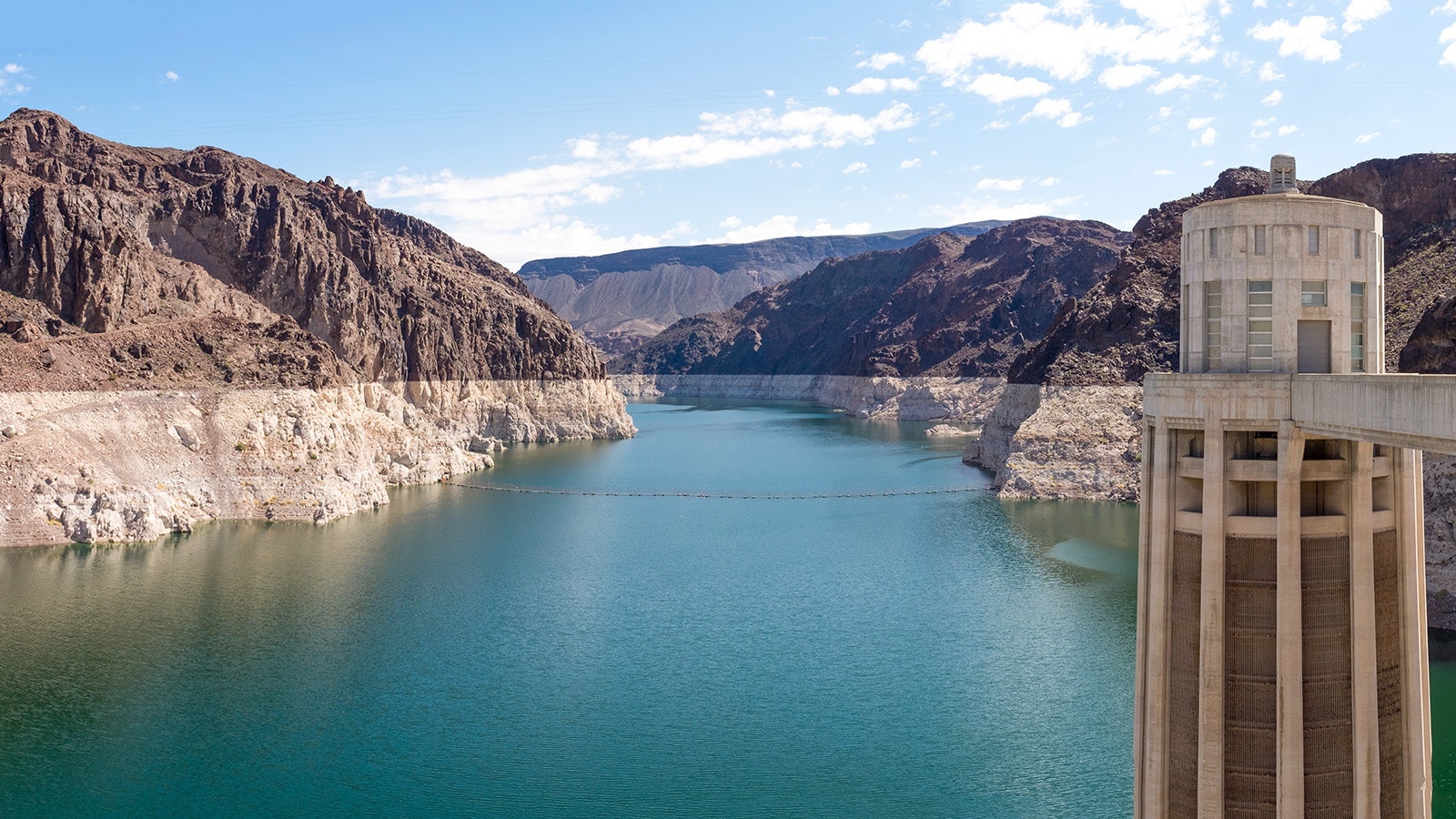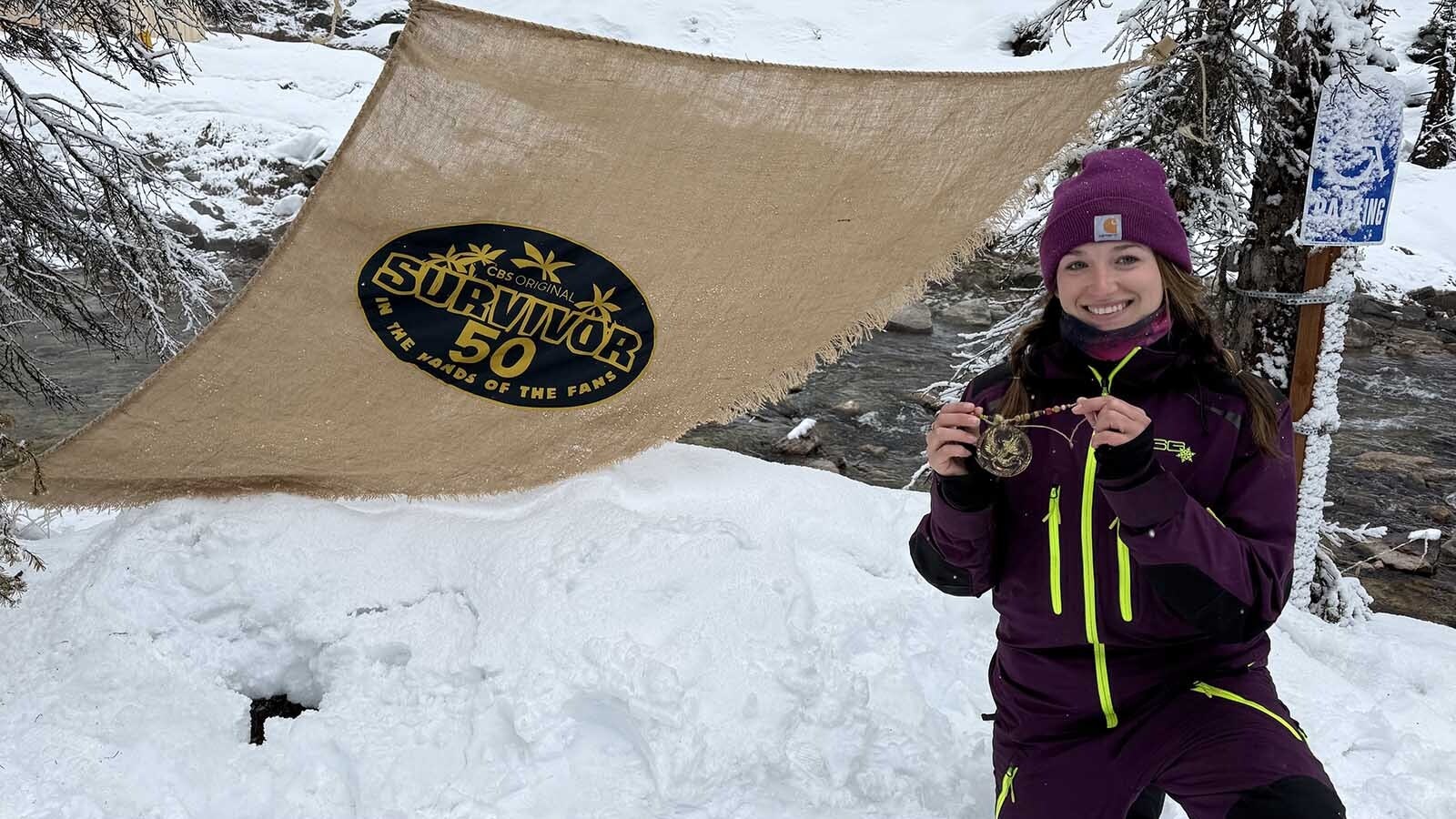A long-festering conflict over Colorado River water rights pitting the Navajo Nation against the state of Arizona and the federal government is coming to a head before the U.S. Supreme Court.
It could make Wyoming’s involvement in the already tangled matter of rights to the river even more complicated.
All The Way Up To SCOTUS
Squabbles between the Navajo Nation – which is trying to supply water to 400,000 members in Arizona – and the government go back decades, Chuck Cullom of Salt Lake City, the executive director of the Upper Colorado River Commission, told Cowboy State Daily.
The commission includes members from Wyoming, Utah, Colorado and New Mexico. State Engineer Brandon Gebhart represents Wyoming on the commission.
Since 2003, the nation has been petitioning federal courts for water rights claiming that Arizona and the federal government, through the Bureau of Reclamation, are obligated to provide the nation with clean drinking water from the Colorado River.
The case has finally made it all the way to the Supreme Court, with the nation presenting its opening arguments before the justices this week.
How Much Water And From Where?
Wyoming recognizes the Navajo Nation’s right to clean drinking water, Gebhart told Cowboy State Daily.
However, its case so far doesn’t lay out any details regarding how much water is needed, exactly where it might come from and what infrastructure will be required to purify and deliver it to Navajo homes and businesses in Arizona.
“Wyoming believes that the Navajo Nation certainly has a right to clean drinking water and water to achieve the primary purpose of the Navajo reservation,” Gebhart said. “Because any use to satisfy those rights will be charged to Arizona as part of its apportionment under the Law of the River, the impacts to Wyoming will be minimal.”
Element Of Uncertainty
But it’s the element of uncertainty that could have long-term effects, including on Wyoming, he said.
“However, the Navajo Nation is asking the U.S. Supreme Court to force the federal government to supply water for rights that haven’t been quantified or defined, including no information about where the water should come from,” Gebhart said.
And that uncertainty could reverberate upstream.
“That result would be contrary to existing law related to the Colorado River,” he said. “It would also add an additional element of uncertainty in an already stressed river system, which in turn adds to the uncertainty of future river management, which does impact Wyoming as it works with the other states to find solutions addressing the current water supply and demand challenges.”
What About The Compact?
Gebhart and Cullom wouldn’t speculate on how the Supreme Court case could affect the 100-year-old Colorado River Compact.
The compact is an agreement forged in 1922, dividing water rights and downstream flow obligations along the Colorado River and its headwaters between Wyoming, Colorado, Utah, New Mexico, Arizona, Nevada, California and Mexico.
Some water use and legal experts have told Cowboy State Daily the Compact ties Wyoming, as a headwaters state, to the fate of the entire Colorado River Drainage, which has been increasingly short of water in recent years.
Arizona Might Try Passing The Buck
Regarding the bigger picture, the upper basin commission hopes to steer clear of the dust-up between the Navajo, Arizona and the Feds, Cullom said.
“The upper (Colorado River) basin perspective is that this is largely a lower basin and Arizona problem and it may not extend upstream,” he said. “It’s another example that the lower basin needs to learn to live, like the upper basin has, within their entitlements.”
Even so, Arizona has already tapped out its annual entitlement under the Colorado River Compact for 2.8 million acre feet per year, he said. An acre foot is the amount of water that would flood an acre of land to the depth of one foot.
And if a Supreme Court ruling leaves Arizona pinched between the Navajo Nation’s demand for water and the Bureau of Reclamation’s obligation to deliver, it might start asking other states to settle for less, Cullom said.
“The tension is between settling those aboriginal claims to water verses the existing water users, because Arizona is fully using its entitlements,” he said. “The state of Arizona would possibly need to tell someone else to make room for the Navajo Nation’s water rights.”





